Culver City to host New Zealand Olympic Team in 2028
The city council will work with the New Zealand Olympic Committee to have a Hospitality House and Fan Zone in Culver City for the 2028 Olympic Games.
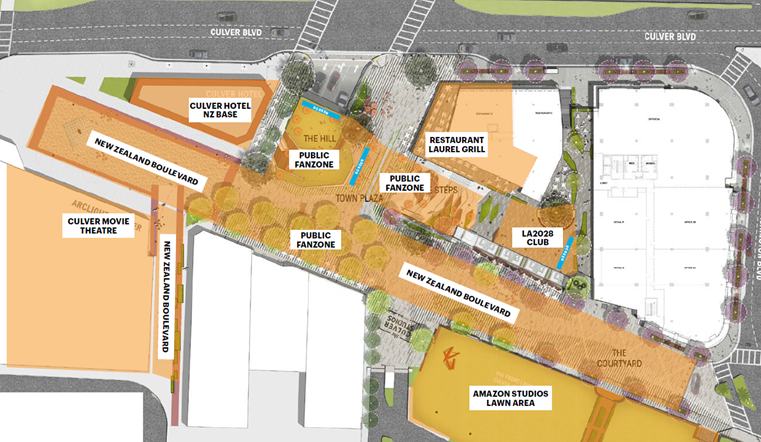
New Zealand's Olympic Team will call Culver City home for at least 16 days in 2028.
The city council agreed to enter a Memorandum of Understanding (MOU) with the New Zealand Olympic Committee to collaborate on creating a Fan Zone, currently planned for the Culver Steps. At the center of this Fan Zone will be the Culver Hotel, which will be repurposed into a Hospitality House where New Zealand athletes will stay during the 2028 Olympics.
The City of Los Angeles is hosting the 2028 Olympic Games, which will run from July 14 to 30 that year. There will be 351 medal competitions — 22 more than at the previous Summer Olympics in Paris — across 36 sports, encompassing 48 distinct disciplines. These events will be hosted in 33 venues, with many residing in Los Angeles and its surrounding cities.
According to New Zealand Olympic Committee Secretary General Nicki Nicol, Culver City is a desirable location to serve as a home base during the 2028 Olympics due to its proximity to key sites on the L.A. Olympic map, including the Olympic Village at UCLA, Inglewood's Memorial Colosseum and SoFi Stadium, and the venues in Downtown Los Angeles.
Culver City was suggested to the New Zealand Olympic Committee early on in their search as a destination for their Olympic team, thanks to the efforts of SweetFlower CEO and Co-Founder Timothy Dodd, a Team Advisor to the Committee for the LA2028 Olympic Games. The city's diversity and progressive nature were also noted as draws.
The New Zealand Olympic Committee presented a proposal that projected the final product at Monday's city council meeting. Their proposed Fan Zone would be set up along the Culver Steps corridor, renamed "New Zealand Boulevard" during the Olympics. This stretch would feature New Zealand-based showcases, companies, a Team shop, and other activities.
Two large television screens would be set up for public viewing of events: one on the hill in front of Culver Hotel and another perpendicular to the Steps. The Culver Hotel would serve as the residence for the athletes along with their families and friends, and a VIP zone for financial supporters of the New Zealand team and team guests would be situated at the top of the Steps in front of Laurel Grill.
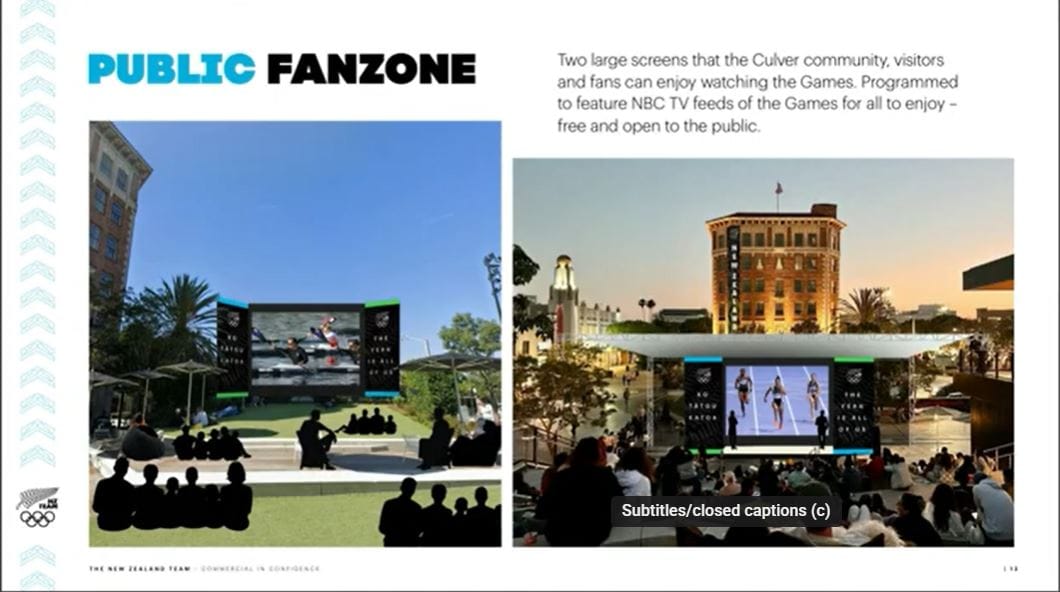
The proposed plan uses Culver Theater to host a New Zealand Film Festival, with events and Q&As featuring New Zealand-based talent.
While the city council was happy with the plans presented by the New Zealand Olympic Committee, they are not finalized and can be adjusted in the MOU process. Several points of concern not related to the substance of New Zealand's proposal were raised, one of which was the funding needed from Culver City.
The city council did not have to allocate the funds in the budget on Monday. Still, CFO Lisa Soghor said that entering an MOU with New Zealand would be a commitment to providing the services behind the costs presented in the staff report. These costs — which are estimated to be $527,763, including $300,000 for Police Support — would only need to be allocated for the budget of the 2028-29 Fiscal Year when the Olympics take place.
Given the city's budget situation, Vice Mayor Freddy Puza hesitated to move forward with the proposal that night, considering the consequences should the council delay the decision. Staff said it would be New Zealand's decision whether or not to continue considering the city or search for other options.
Mayor Dan O'Brien argued that the benefits to the city would be far greater than the costs incurred through engagement with the influx of visitors from outside the city for the Olympics. Additionally, O'Brien noted that New Zealand's Olympic Committee is projecting to provide approximately $1 million in funding for the project, including the proposed jumbotron screens and other outdoor furnishings.
"I fear if we say no or sit and think about this...I am afraid we will lose that," O'Brien said. "I don't want to take that risk."
Councilmember Albert Vera concurred, calling the chance to host New Zealand "a once-in-a-lifetime opportunity" for the city and its business community. He was very thankful to Dodd and the New Zealand Olympic Committee representatives, who made the trip from the island country on the southeastern edge of the Atlantic Ocean to Culver City.
"I am really eager and looking forward to moving forward with this," Vera said.
Councilmember Bubba Fish showed no misgivings about the proposal but pushed the city to look for other countries to incorporate to create a diverse Olympic setting in Culver City. He noted that 206 countries are participating in the 2028 Olympics, but there are just 88 cities in L.A. County to host them.
Countries like the Netherlands and Australia have contacted Culver City showing interested in collaborating during the Olympics. However, only about 30 resource-laden countries like New Zealand host major Olympics-themed zones where they stay for the event, according to New Zealand Olympic Committee Commercial Director Sharon van Gulik.
If other countries are interested in using Culver City as a space for Olympic programming, Fish confirmed with van Gulik that they would be open to considering sharing Culver City with another country, but Nicol also pointed out that New Zealand tries to include some of the smaller countries in the Oceania region to involve in their Olympic programming.
Additionally, van Gulik explained that many countries with similar plans are already deep in their development processes, noting that New Zealand has been "on the ground" in Culver City for two years working on this project.
"We're a pretty tight-knit community in the Olympic Community," van Gulik said. "We are open to working with our colleagues...most folks that are looking to stage a house are like us: very developed in their thinking."
In addition to encouraging the city to open itself to additional countries for the Olympics, Councilmember Yasmine-Imani McMorrin discussed the importance of adhering to the city's bureaucratic structure, arguing that the Subcommittee focused on the Olympics should be involved in developing the Olympic plan and that the process should have been more open to allow other's countries to present a proposal.
Once the approval to move forward with an MOU is given, specific issues like partnerships with local businesses, programming from additional countries, and other details of the plan will be more closely examined and finalized.
The motion to approve the direction to draft an MOU included several procedural specifications. To address McMorrin's concerns, the MOU will first be examined by the Ad Hoc 2025 and 2026 World Cup and 2028 Summer Olympics Preparation Subcommittee — which has O'Brien and Puza as members — before being presented to the full city council.
Another condition of the motion is keeping the process open to programming the city itself would want to use to represent Culver City's diversity and expand outreach efforts to solicit involvement from other countries.
Finally, the council directed staff to investigate the option of Open Streets — keeping streets like Culver Boulevard or Main Street closed to vehicle traffic to allow more freedom for pedestrians and alternative modes of transportation. While the idea was considered in the staff report, the potential cost of street closures was not included in the financial estimate.
This motion passed unanimously, 5-0.

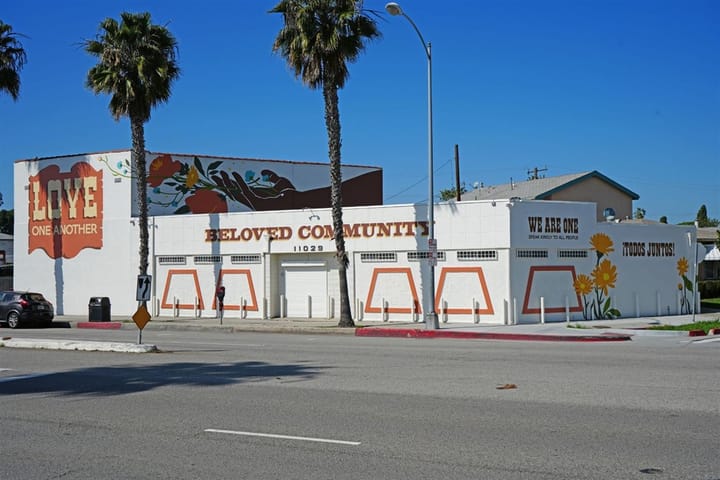
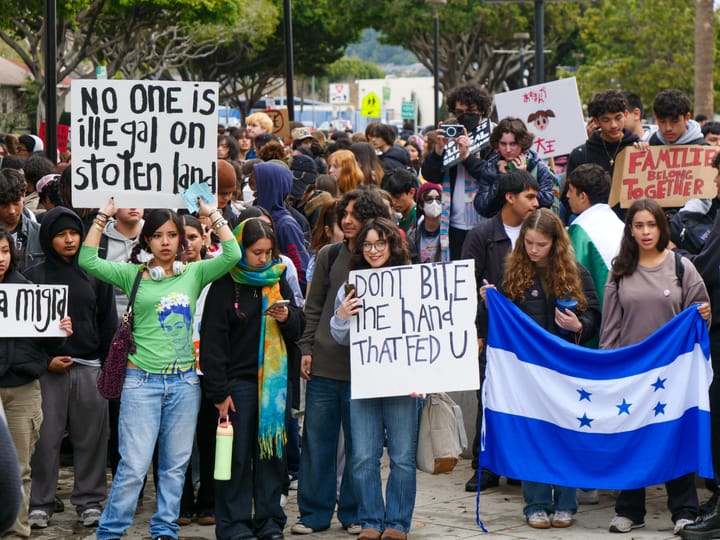
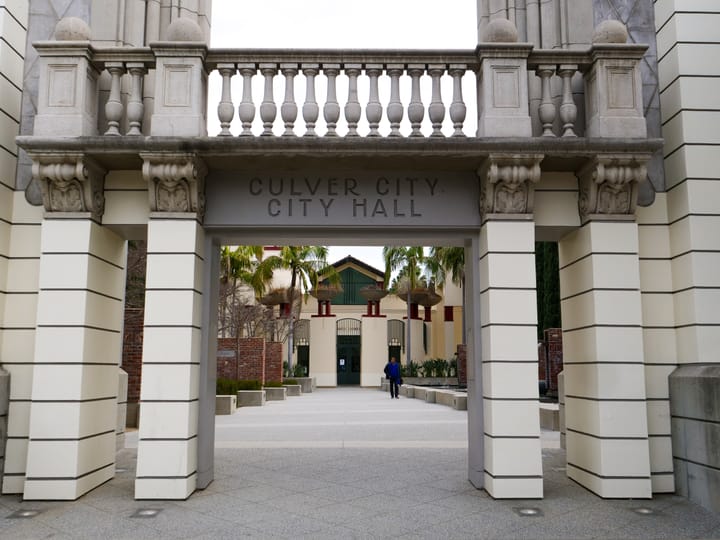
Comments ()